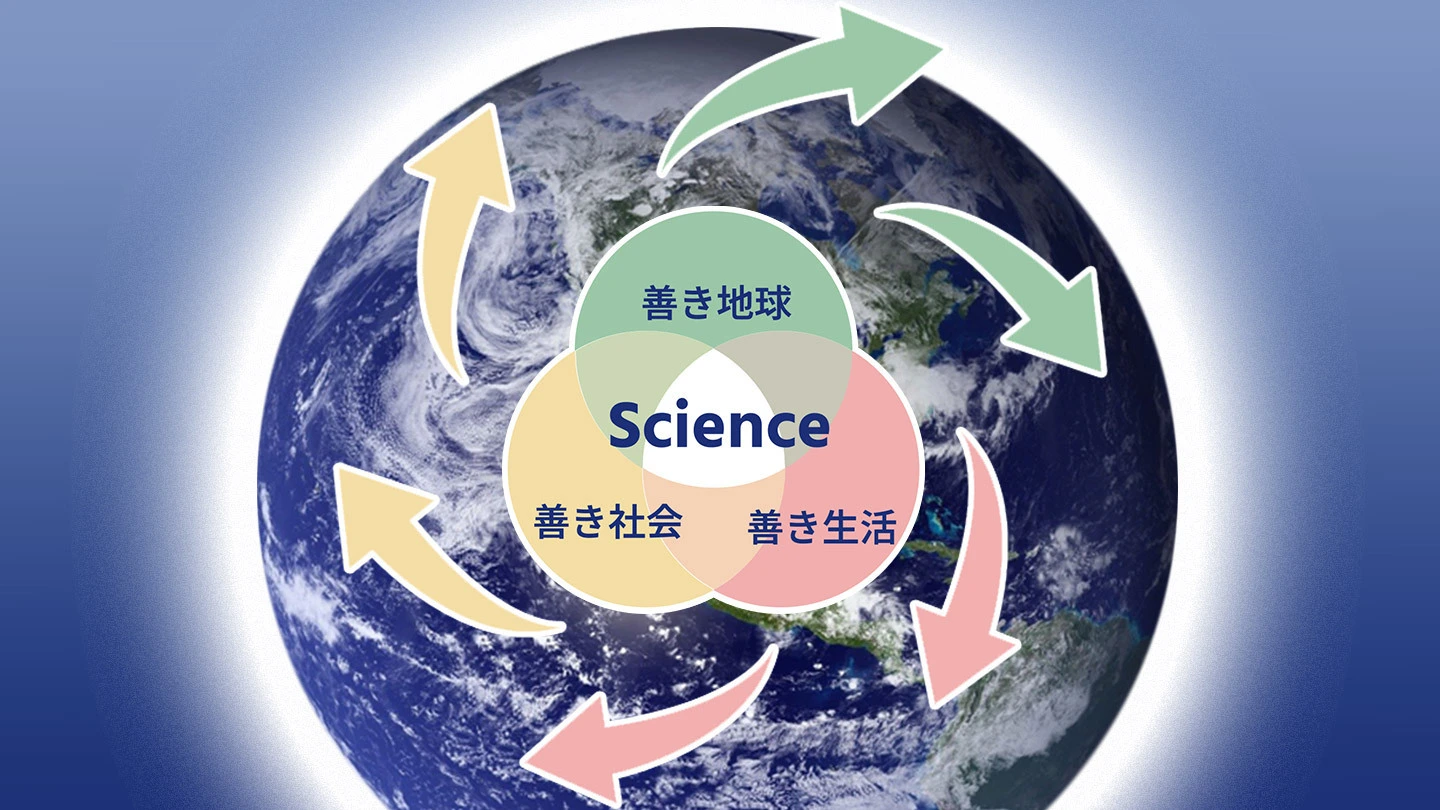Realizing a better planet through fusion of diverse intellects
Integrating knowledge of emerging science and technology for a future thriving in harmony with the Earth
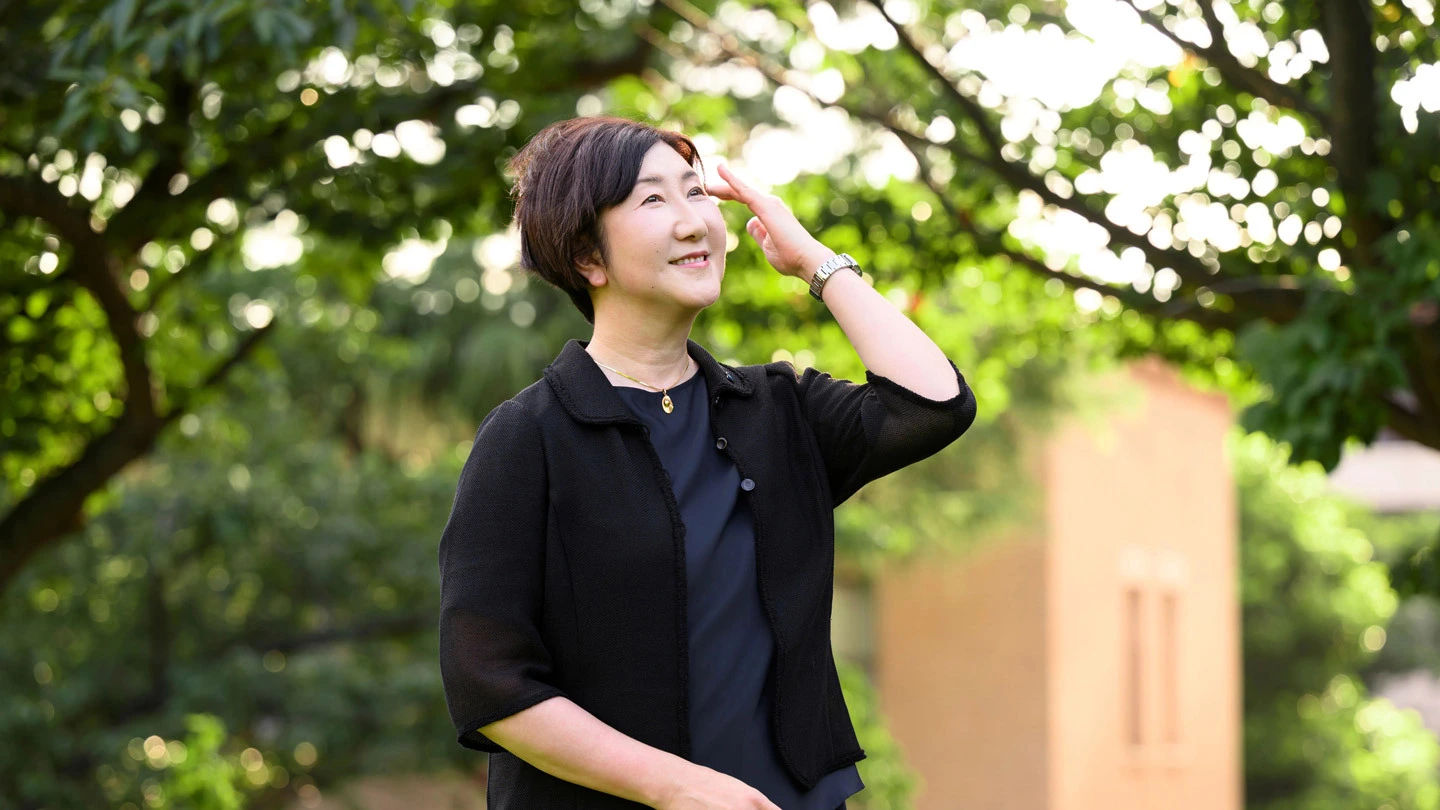
Institute of Science Tokyo (Science Tokyo) launched the Visionary Initiatives (VIs) — a cross-disciplinary, integrated research framework — in the 2025 academic year to co-create new value with society while advancing science and human wellbeing. Currently, six VIs are tackling the challenge of shaping a future by each developing distinct shared visions for societal transformation based on three pillars: “Better Life,” “Better Society,” and “Better Planet.”
In this article, Professor Mika Goto of the School of Environment and Society introduces the VI she leads: GX Frontier — Realizing cutting-edge science and technology to make green transformation a reality. She outlines the initiative’s approach, how it creates new value and its future prospects.
The intellectual power to shape our future, gathered here
How do you see your challenges and expectations as leader of the GX Frontier?
Goto
The GX Frontier aims at achieving sustainability on Earth through green transformation, enabling people to live healthy, comfortable lives in harmony with the planet. For example, we tackle environmental and energy issues that require integration across different disciplines. Our VI is organized around four future images: Mitigation of climate change; Finding optimal solutions through Earth monitoring; Finding new energy sources and resources; and Realizing nature positive.
Currently, 49 researchers are pursuing work related to these themes. Much of this research is directed toward a shared goal: introducing a “Green Hospital” to society — a futuristic medical facility that combines advanced healthcare capabilities with eco-friendly, sustainable design with the maximum use of renewable energy and energy-saving technology.
Our researchers come from highly specialized, often narrowly segmented fields, and therefore have different perspectives, goals, timelines, and challenges. However, by bridging and integrating their expertise under our shared vision of planetary sustainability, I expect we can scale up the initiative to a major collaborative project to co-create a better future.
GX Frontier: Realizing cutting-edge science and technology to make green transformation a reality
GX Frontier aims to integrate knowledge of emerging science and technology to realize a future thriving in harmony with the Earth.
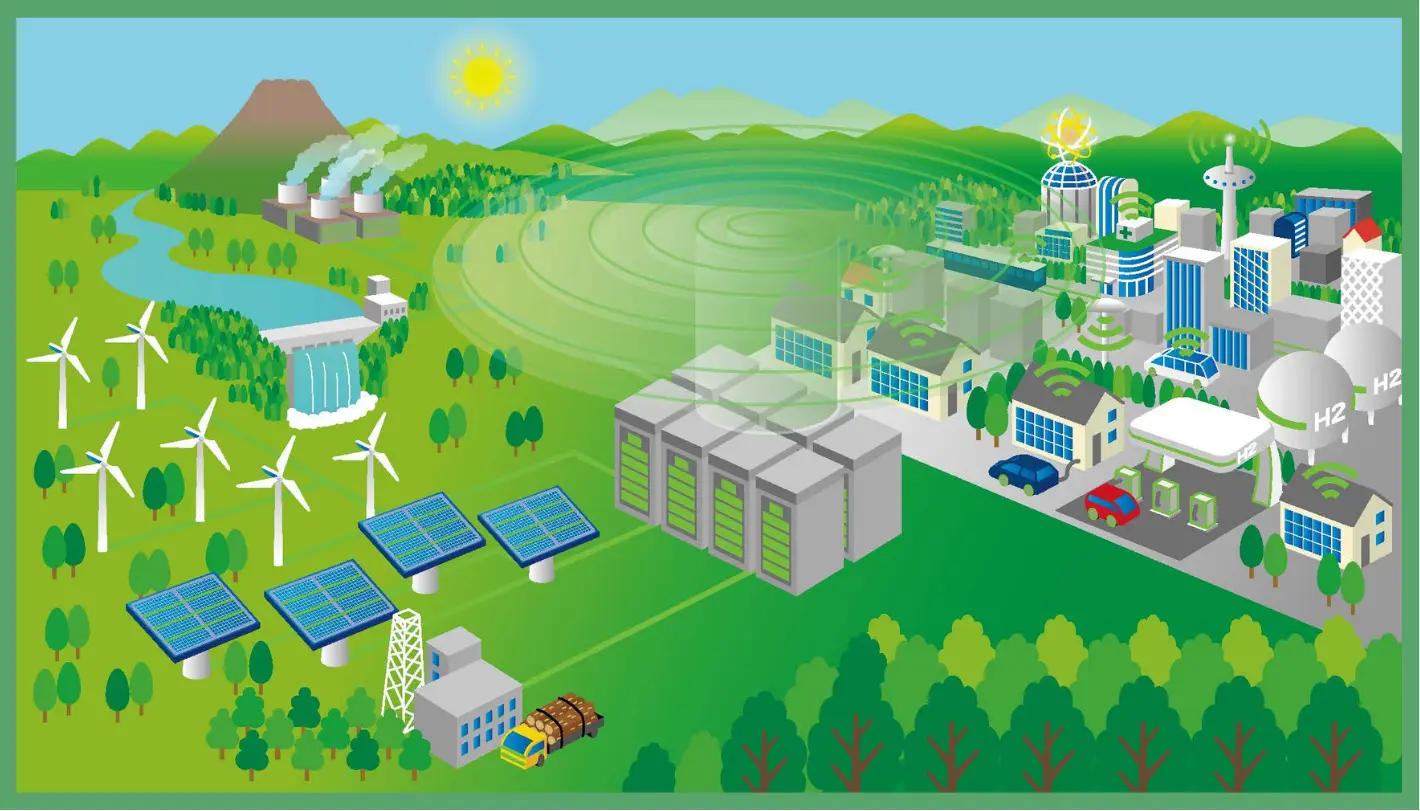
・Society independent of fossil fuels
・Stabilize energy supply through the development of advanced energy storage technologies
・Renewable energy as the primary power source
・Reduction, capture, and utilization of greenhouse gas emissions for carbon neutrality
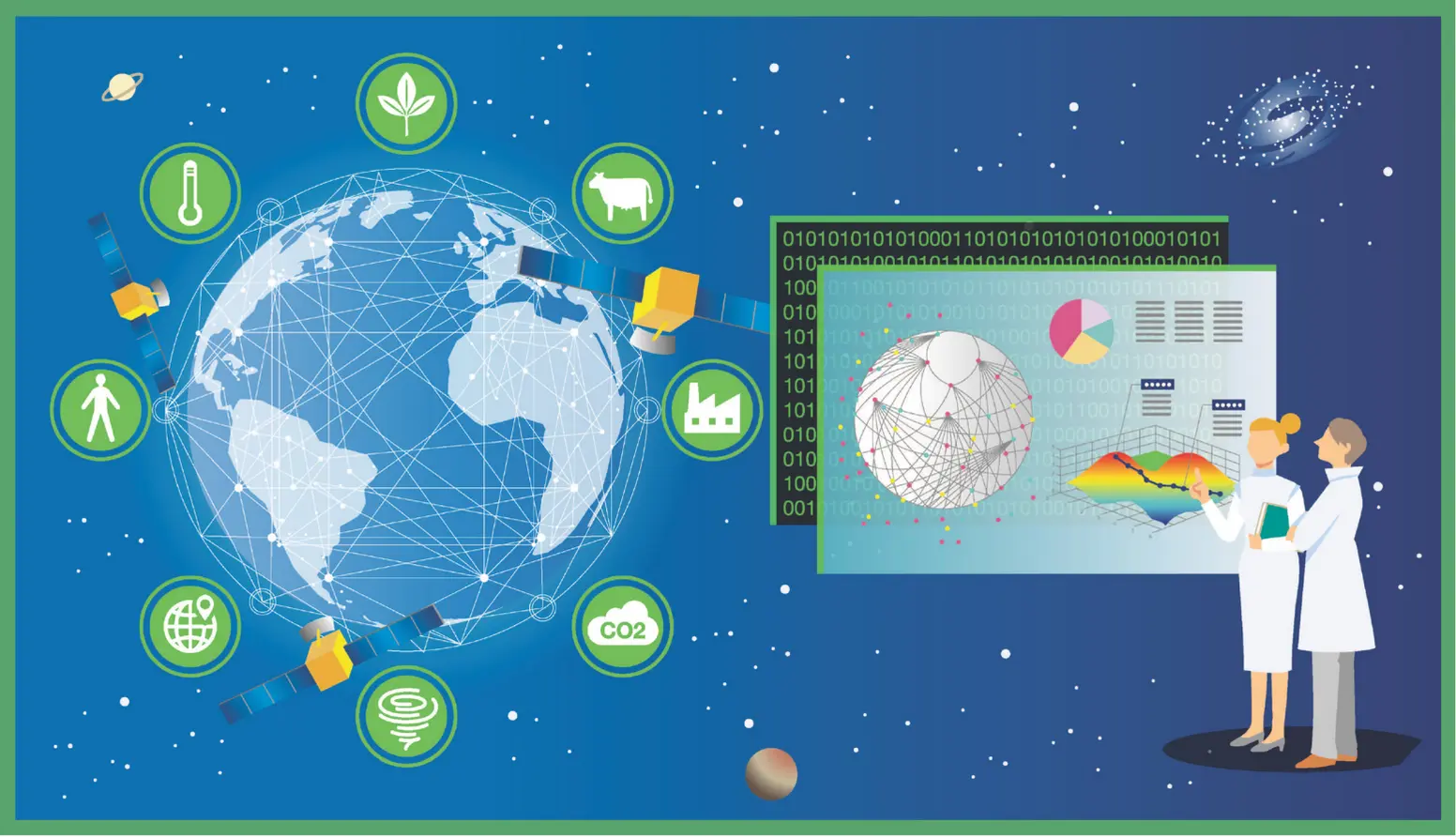
・Real-time data analysis and countermeasures for climate change, environmental pollution, and ecosystems
・Simulation and future environment prediction via a digital virtual Earth
・Understanding biological adaptation, and utilizing it to enhance/apply adaptive capabilities
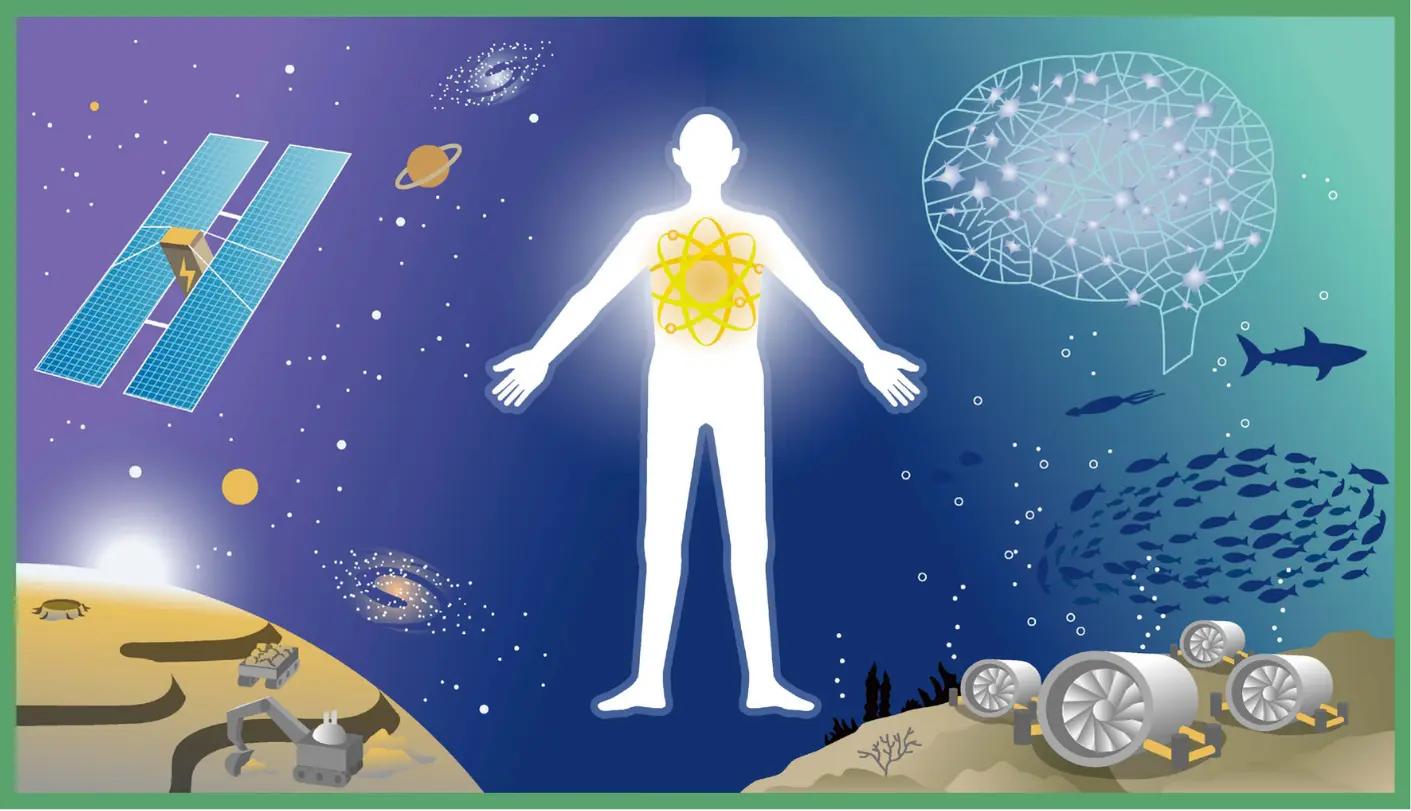
・Utilize untapped seafloor resources
・Understand the energy production mechanisms of cells and microorganisms, develop unprecedented new energy sources
・Solar power generation in outer space
・Explore and develop resources on the Moon and Mars
・Utilize the energy consumption mechanisms of the brain for energy saving in AIs and robots
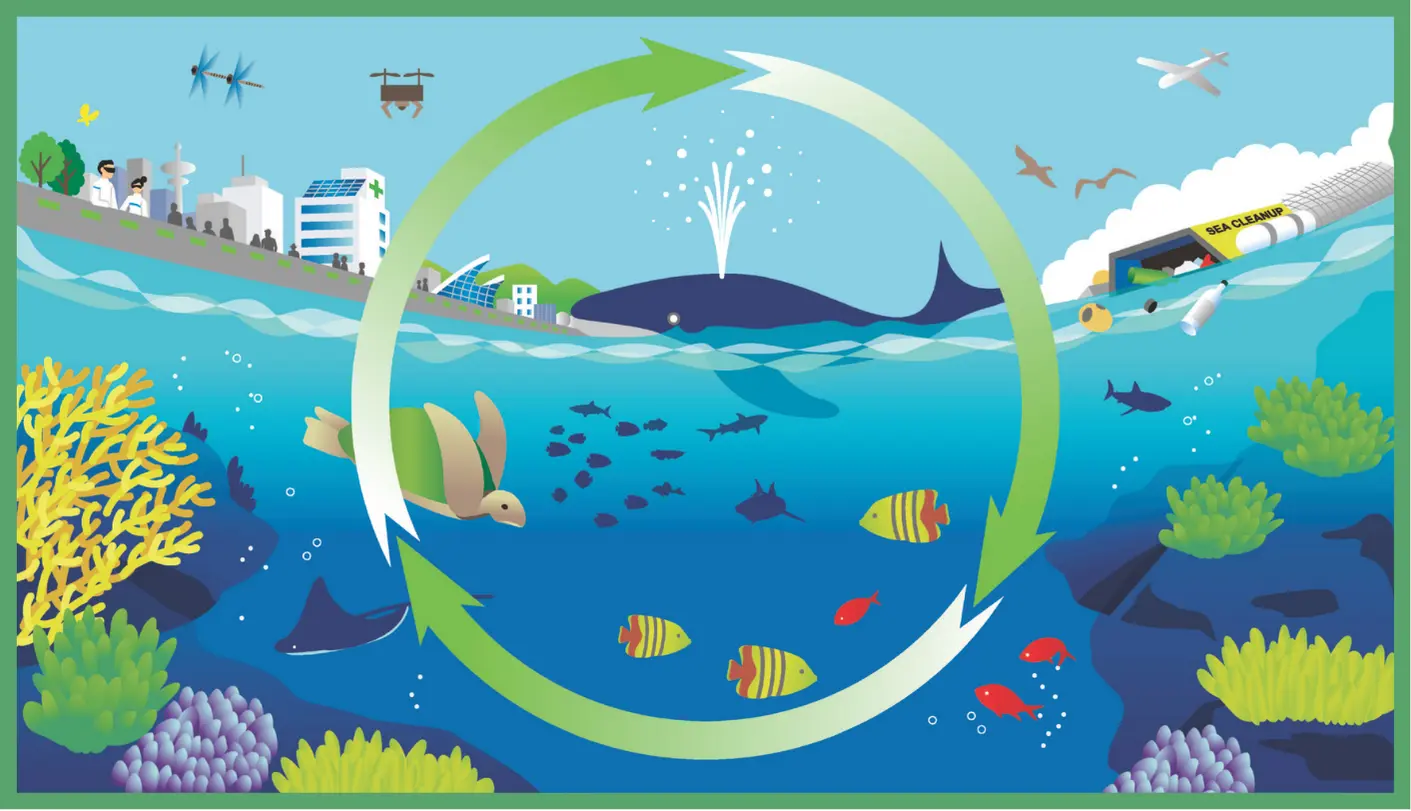
・Protect natural habitats via a recycling-oriented society that reduces waste and environmental destruction
・Human activities to achieve both environmental protection and economic growth
・Urban nature-harmonized society via the power of nature, such as urban parks and rooftop greenery
To a new society that values diverse perspectives
What kind of society do you envision beyond research?
Goto At the April symposium commemorating Science Tokyo’s founding, I presented our ongoing research projects that aim to realize the future that the GX Frontier envisions. These include technologies essential for greening our energy systems; an air-pollution evaluation system using satellite data; energy efficient AI inspired by the brain’s information processing; integrated evaluation of biodiversity and relevant social factors; and development of comprehensive indicators and systems to assess economic and environmental performance.
For example, the brain is an extremely energy efficient information processing system. At a time when AI demands massive amounts of energy, it would be revolutionary if we could reduce AI’s energy use by drawing clues from how the brain processes information.
My research focuses on pursuing economic viability and eco-friendliness in societal systems. Renewable energy such as solar and wind power, and hydrogen energy are attractive for preventing global warming because they emit no CO2 during use, but their high cost and supply variability due to weather and seasonal conditions pose economic challenges. To achieve a truly sustainable society, economic viability alone is not enough: we must incorporate more values such as environment, resilience, and diversity into our evaluation frameworks. By systematically integrating environmental and social factors — areas that conventional economic metrics have often overlooked due to their sole focus on economic viability — we can envision a new kind of society.
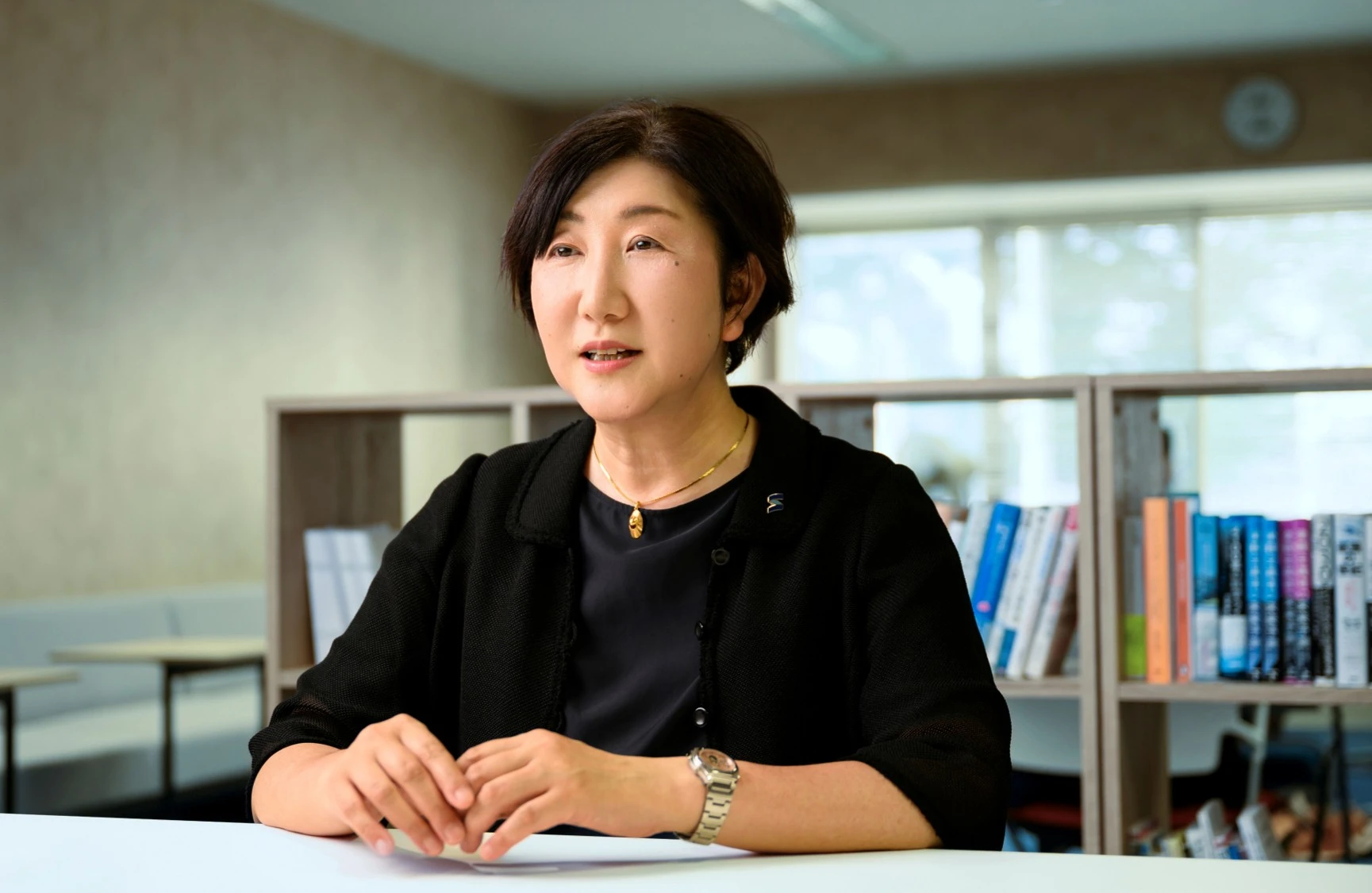
Value creation at the cross-points of science and taking on the future
What kind of new possibilities do you see from dialogues with researchers in different fields and with society?
Goto
I study energy from a social science perspective, and conversations with researchers in other fields often reveal unexpected connections. For example, I once spoke with an engineering researcher who works on hardware. I had assumed he wasn’t interested in economic issues, but he agreed with my position, saying, “Economic viability is crucial — no matter how excellent a technology is, it won't be adopted by society without economic viability.” That experience made me realize how valuable it is to learn about each other’s research and the philosophies that drive it.
As global warming and climate change have become pressing threats in the modern age, environmental preservation and the shift to renewable energy have gained traction alongside changing public values and social movements. Such societal changes can, in turn, influence the direction of research. Take wind and solar power. Once dismissed as economically unviable and too variable, they have become mainstream power sources thanks to technological advances. This shows how factors that seem minor today can emerge as new values and quickly spread through society.
The GX Frontier, our VI, contains many ideas with the potential to reshape the future. It is exciting to imagine these ideas becoming a driving force of future society. Research influences society, producing new values and social frameworks. The interaction between research and society will shape emerging societal trends and visions for the future. I find it both significant and inspiring to help build that dynamic, mutually reinforcing process.
How do you assess the volatile global situation as a researcher?
Goto Global warming and climate change — the issues we address in the GX Frontier — are urgent, long term challenges with far reaching consequences. Although we must respond to societal changes and uncertainty when necessary, it is essential to pursue research with a forward looking, long term perspective rather than being swayed by short lived trends. Researchers have a responsibility to maintain this long term focus, and that requires an environment that enables sustained inquiry.
The synergy of knowledge unlocks limitless potentials
How do you harness the power of diversity to research and society?
Goto
Three of the six program directors leading the current VIs are women. Diversity brings vitality to an organization: when people share the same backgrounds and attributes, change becomes difficult and momentum fades. In our VI, there are researchers with differing characteristics, and I expect that varied exchanges will deepen mutual understanding and spark unexpected intellectual connections.
In October 2024, Science Tokyo was established through the merger of Tokyo Institute of Technology and Tokyo Medical and Dental University. The union of two long standing, prestigious universities has opened up possibilities like never before. Through our VI, we will face challenges with determination to establish our new university as a globally recognized, outstanding institution.
Interview date: August 4, 2025 (via Zoom)
Profile
Mika Goto
Professor
Department of Innovation Science, School of Environment and Society
Institute of Science Tokyo
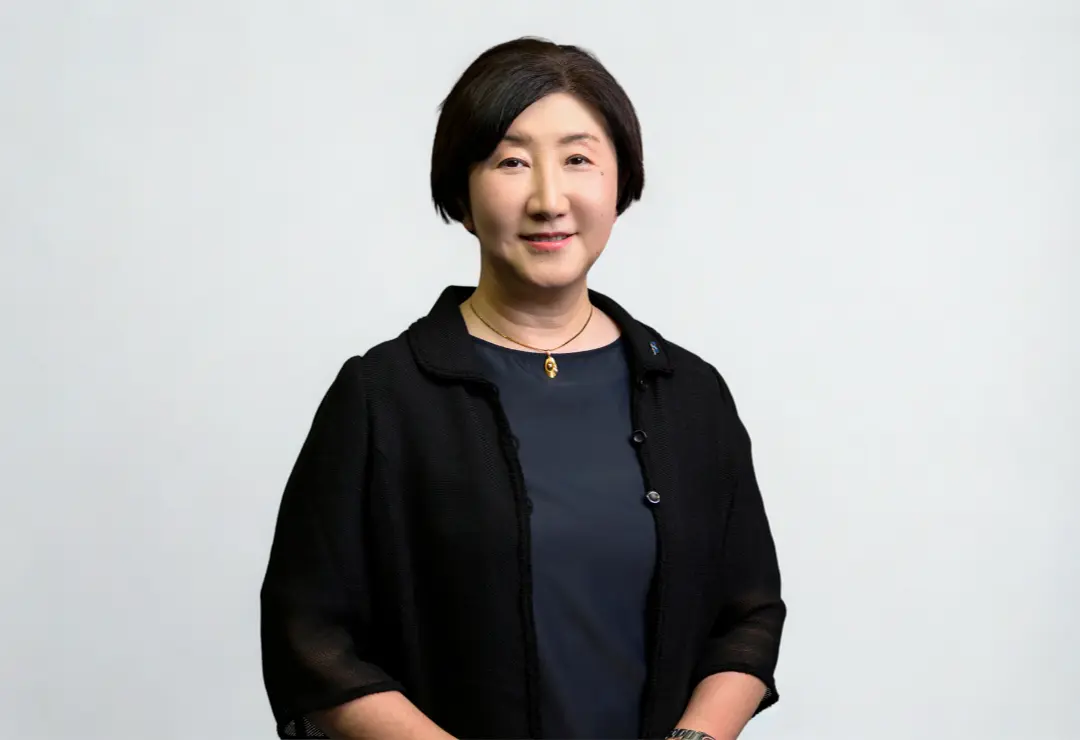
Related articles
Building a better planet through science on disasters and infectious diseases
Program director interview
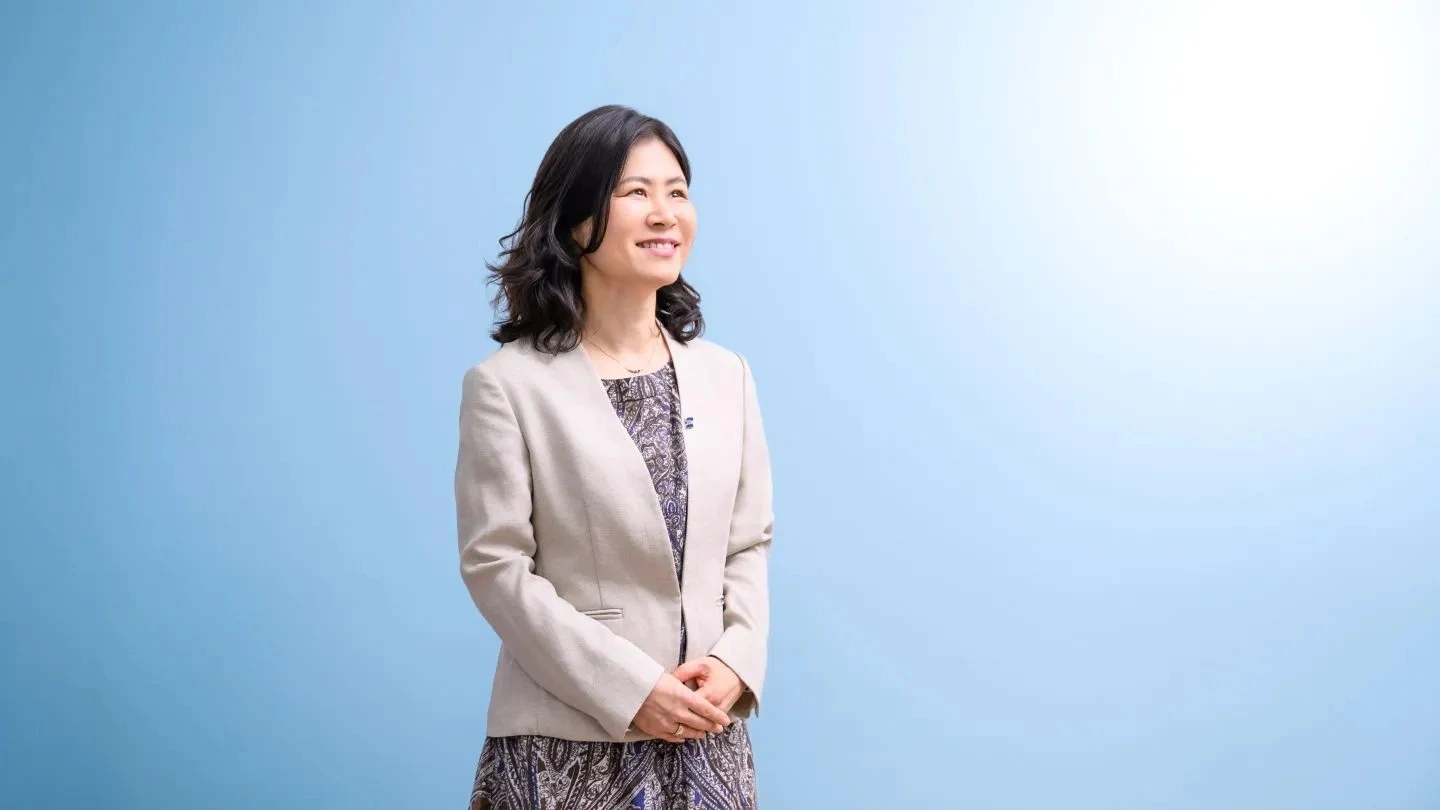
Building a better society on the new frontier—space
Program director interview
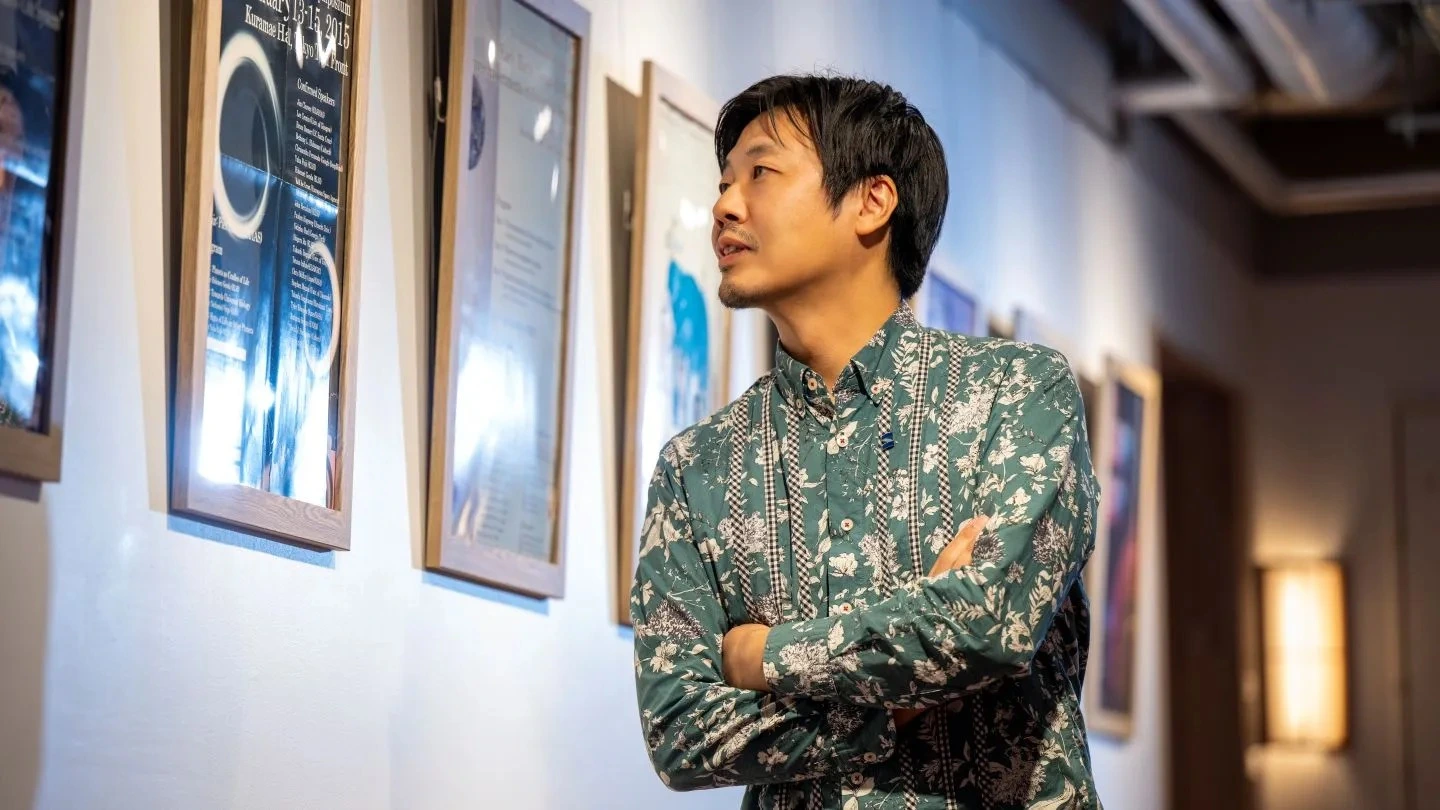
Toward a better life guided by mental wellbeing — from the science of foundations of the mind
Program director interview
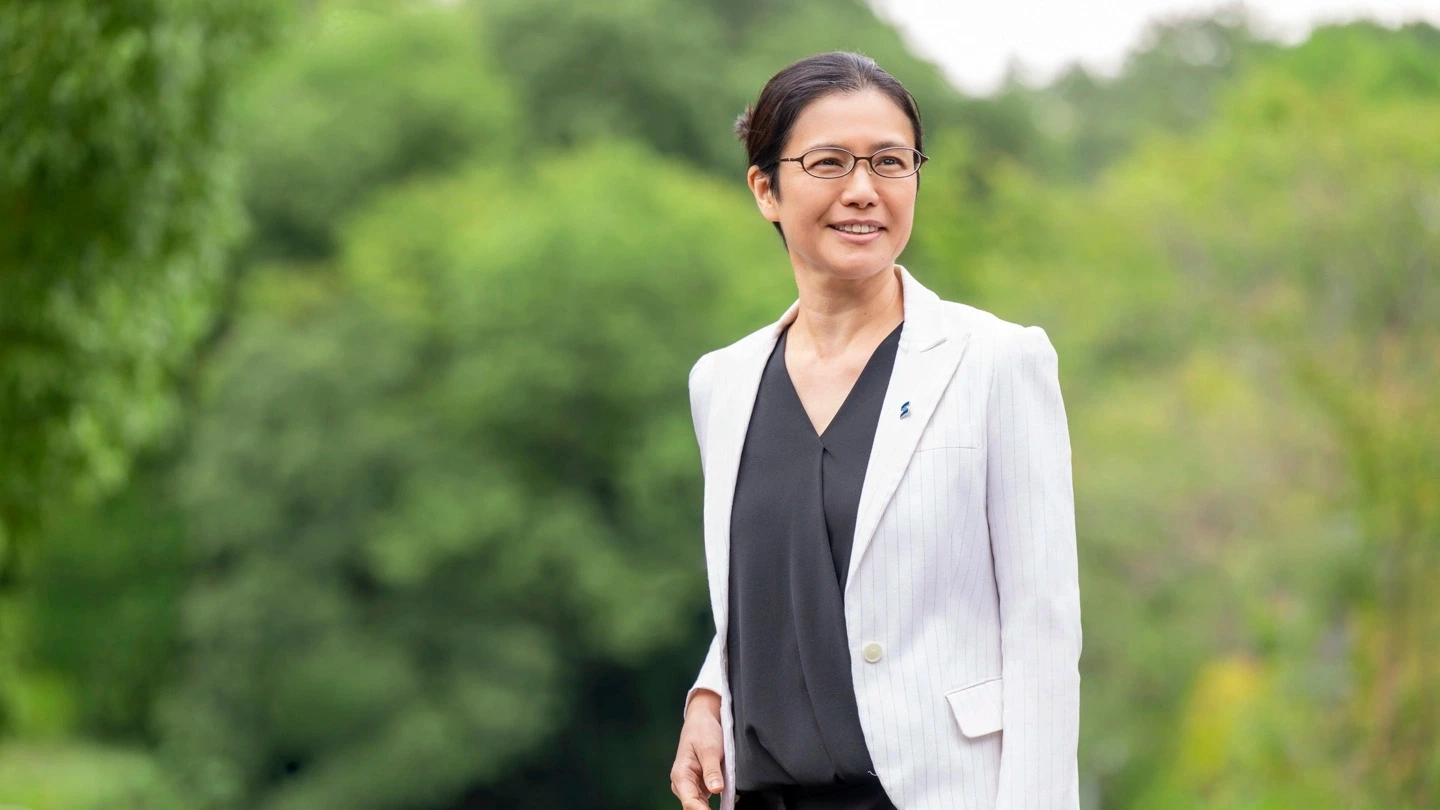
Forging a better life ― Future carved out through resonance of medicine and science
Program director interview
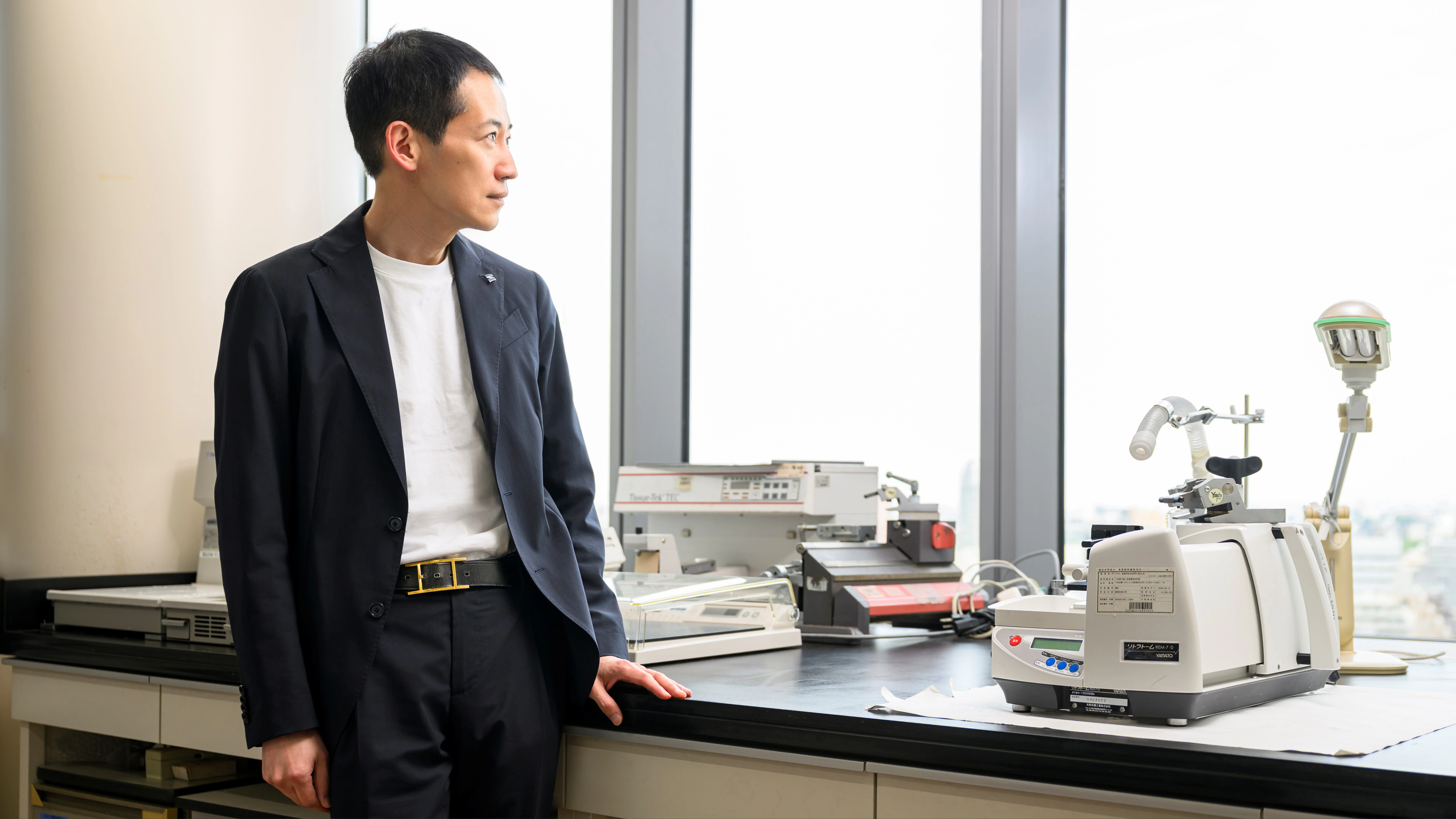
Creating a better society by connecting cyberspace and the physical world
Program director interview

Update history
- This article has been updated to add related articles on September 24, 2025.
- This article has been updated to add related articles on September 19, 2025.
Contact
Research Support Service Desk
